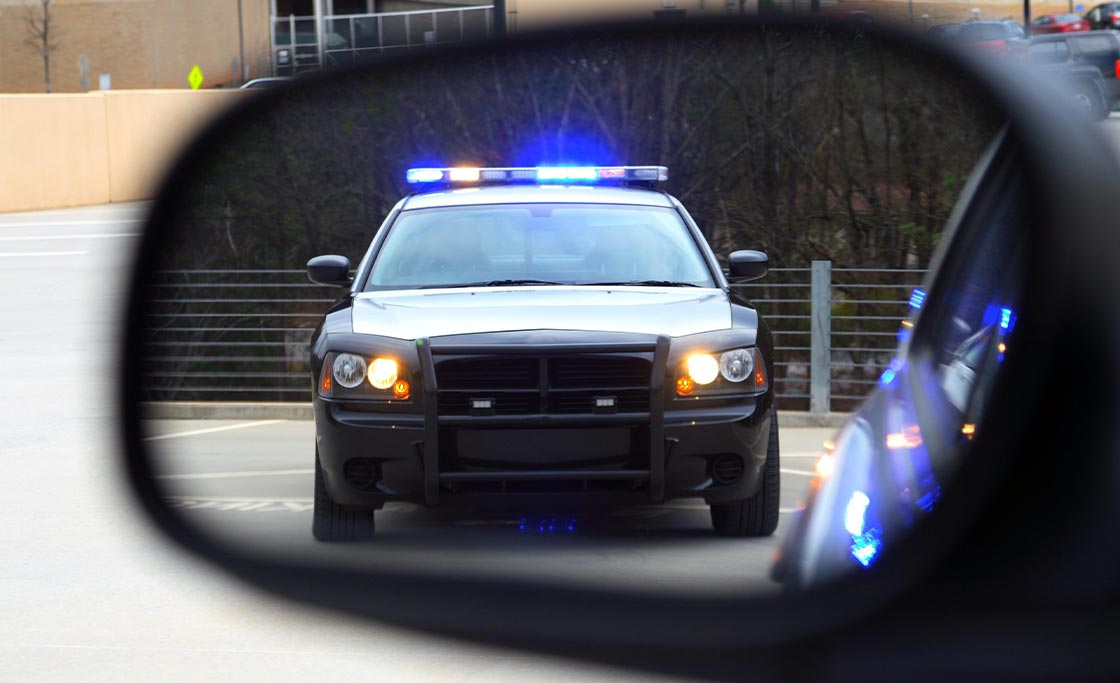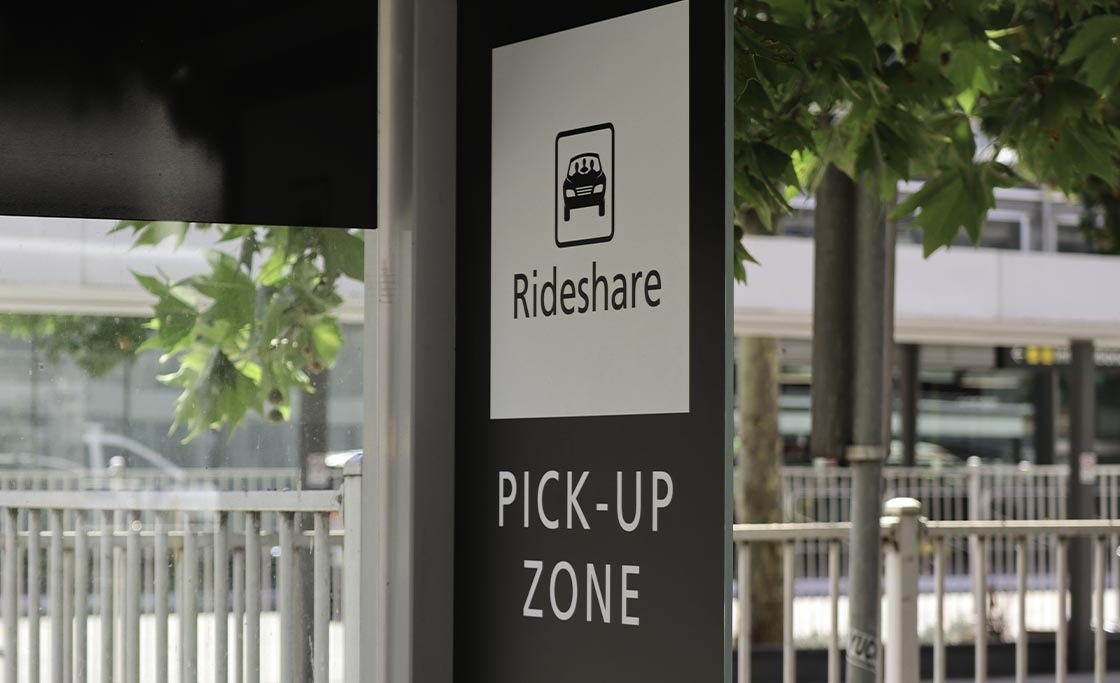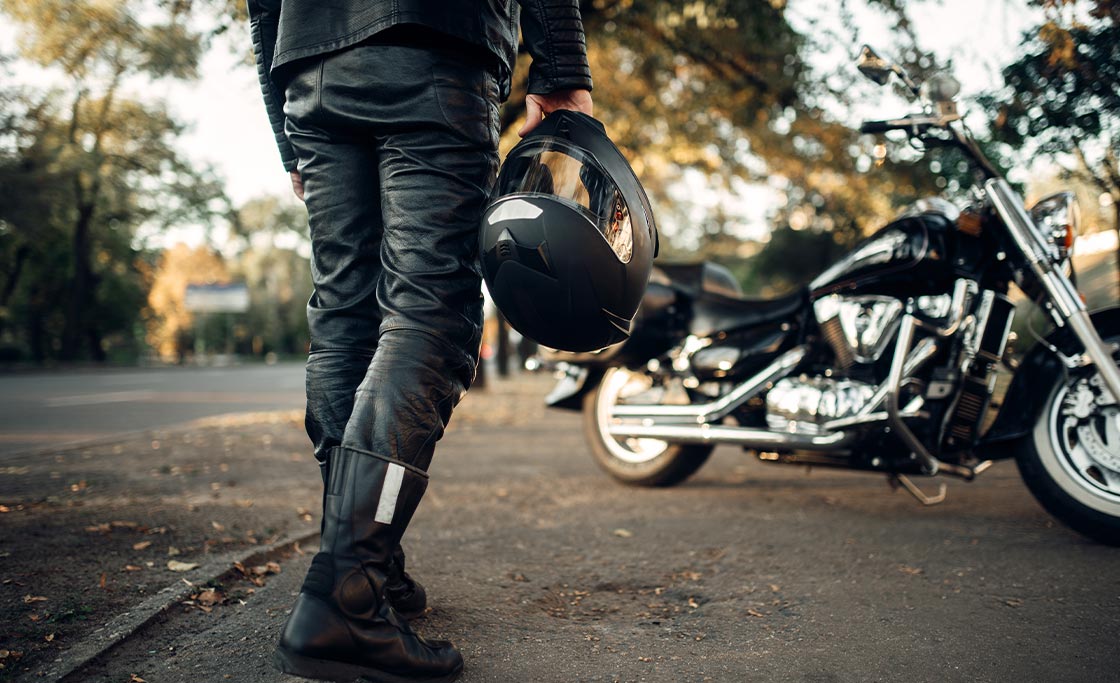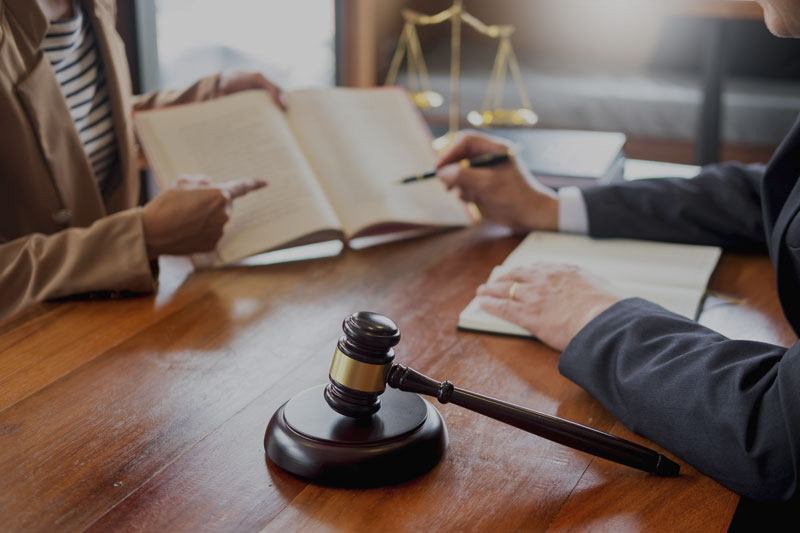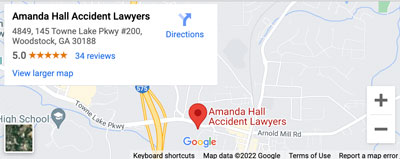What To Do & Not To Do At A Georgia DUI Stop
Facing a confrontation with a police officer is intimidating in many circumstances, particularly if you’ve been stopped under suspicion of driving under the influence. Few people talk about what you should and shouldn’t do in this situation, making it challenging to do the right thing for your benefit. If you’re suspected of driving under the influence, the following will help you understand what you should and shouldn’t do to protect your rights and ensure your case goes more smoothly.
What You Should Do
When you first pull over, it’s essential to keep your hands visible on top of the steering wheel to prevent any issues. If you have passengers in your car, instruct them to stay calm and quiet. Don’t let anyone else say or do anything that could put you at risk or implicate your guilt. Always stay inside your vehicle unless the police officer asks you to exit. If they do ask you to exit, do so promptly and with no resistance. In most cases, you won’t be asked to leave your vehicle. Answer questions politely and treat the officer with respect, even if you feel the stop was unwarranted. Many officers now wear body cameras and record all encounters, recording any bad behavior that can be used against you. If the officer reads your rights, always answer yes, but let them know you wish to speak to an attorney. Let them know you will agree to the test after you’ve spoken to a lawyer. Doing this will give you the right to request an independent test, which could work in your favor. The officer must then transport you to the testing facility of your choice. It’s often best to choose a hospital or 24-hour clinic in an adjacent county to eliminate bias.
What You Should Not Do
The law requires you to provide an officer with your name and address to verify your identity. However, any information beyond that is voluntary, and answering any questions after that is optional. Don’t try to talk your way out of the situation because you could inadvertently harm your case. Don’t react angrily or drop names in an effort to get out of being charged with a DUI. It’s also essential to follow an officer’s commands. If you fail to do so, you are only putting yourself in a worse situation, reducing your chances of a successful case. However, keep in mind that this rule doesn’t apply to roadside tests. These tests are completely optional. Many of these roadside tests are challenging for sober individuals as well, making them unfair and irrelevant to your DUI case. In Georgia, you can’t contact a lawyer from the side of the road, which is why it’s best to decline answering any questions beyond those designed to verify your identity. Use your right to remain silent to prevent incriminating yourself further.

